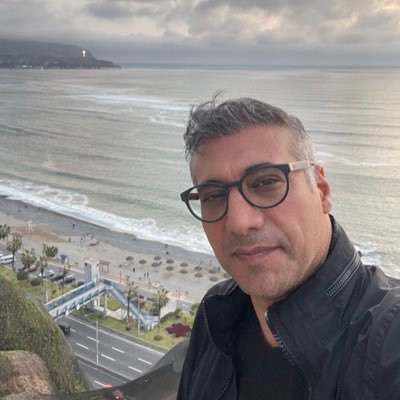An Iranian-American journalist, Reza Valizadeh, known for his work with a U.S. government-funded media outlet, has reportedly been detained in Iran for months, raising concerns as tensions between Tehran and Washington continue to escalate. Valizadeh, who previously worked for Radio Farda—a U.S.-funded outlet seen by Iran’s government as adversarial—has been in Iranian custody since returning to the country earlier this year, the U.S. State Department confirmed to The Associated Press on Sunday.
The news of Valizadeh’s detention comes at a precarious time, just as Iran commemorates the 45th anniversary of the 1979 American Embassy takeover, a historical flashpoint that led to the 444-day hostage crisis. On Saturday, Iran’s Supreme Leader Ali Khamenei threatened a “crushing response” to both Israel and the U.S. following recent tensions, which have only intensified as American B-52 bombers are deployed to the Middle East to deter Iran.
Valizadeh, who had been active on social media before his detention, posted in February that members of his family had been detained to pressure him to return to Iran. Later posts from August suggested he had arrived in Tehran without any formal guarantees for his safety after 13 years abroad. In these messages, he referenced meetings with Iran’s Revolutionary Guard intelligence department, though no security assurances had been provided.
Rumors surrounding his detention began circulating in recent weeks, with the Human Rights Activists News Agency reporting that Valizadeh was initially detained upon his arrival in March, briefly released, and then re-arrested. He is now reportedly held in Iran’s notorious Evin Prison, facing charges before the Revolutionary Court. This court, known for its closed-door trials and use of secret evidence, has frequently been criticized for lack of transparency and fair process. Valizadeh’s history with Iranian authorities dates back to 2007, when he faced prior detainment, according to reports.
The State Department stated it is working with Swiss intermediaries—the official U.S. protecting power in Iran—to gather more information on Valizadeh’s situation. “Iran routinely imprisons U.S. citizens and other countries’ citizens unjustly for political purposes,” the department noted, calling the practice “cruel and contrary to international law.” Iran has not publicly acknowledged Valizadeh’s detention, and Iranian representatives at the United Nations did not respond to requests for comment.
This detention marks the first known instance of Iran holding an American since the September 2023 release of five Americans as part of a high-stakes prisoner swap, which included the release of $6 billion in frozen Iranian funds. Since the 1979 hostage crisis, Iran has repeatedly detained Western citizens or dual nationals as bargaining chips. Valizadeh’s detention underscores the fragile state of U.S.-Iran relations, with each side viewing the other’s actions with growing suspicion.
As concerns over his safety and legal treatment grow, Valizadeh’s case highlights the longstanding diplomatic challenges surrounding Americans detained in Iran, even as regional pressures mount amid the ongoing Israel-Gaza conflict and Iran’s increasingly assertive stance against perceived threats from the U.S. and its allies.
Sources for this article include: The Associated Press, Voice of America, U.S. State Department.












